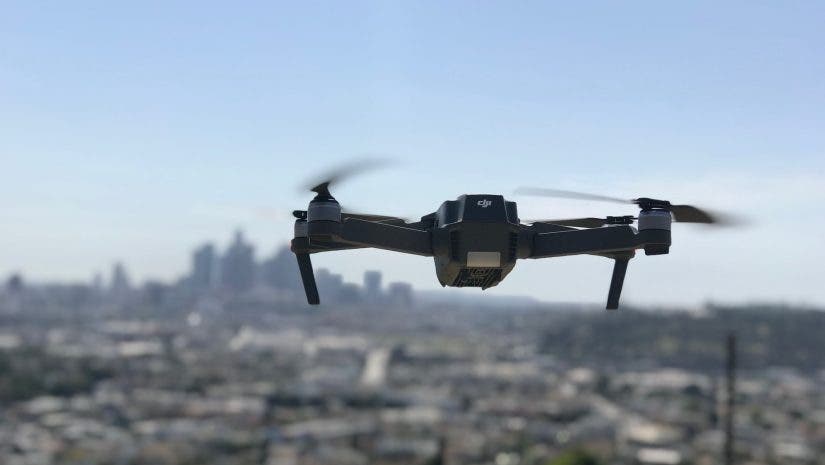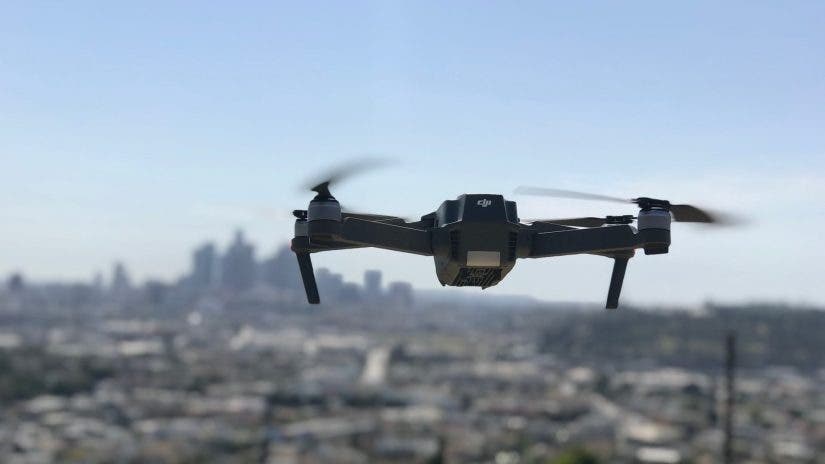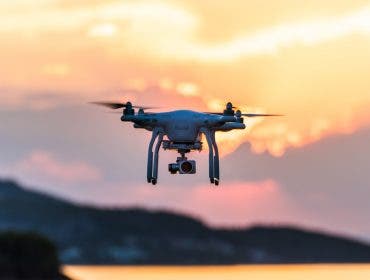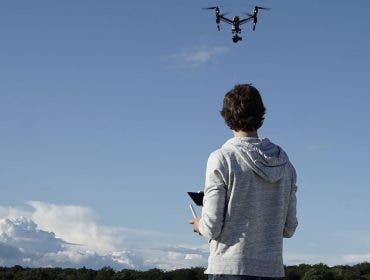As drone use continues to rise in both recreational and commercial settings, so too do the risks associated with these exceptionally maneuverable aerial crafts. But do you need to have drone insurance when operating a drone? As you may expect, the answer depends on what you, as a drone pilot, intend to do with your device.
Is drone insurance a requirement?
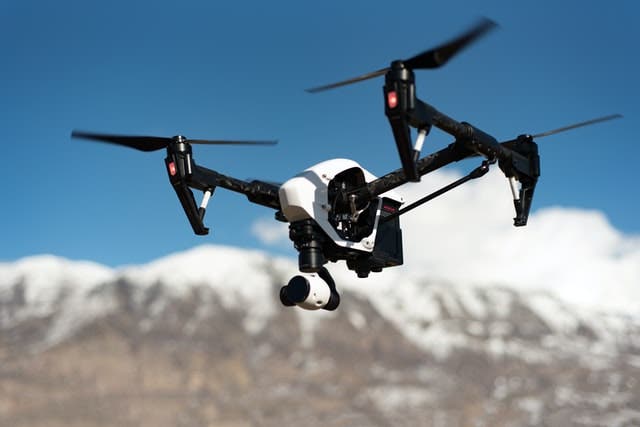
Unmanned aerial vehicles (UAVs) have existed for many years now, so you may expect that the rules would be well established. However, the Federal Aviation Administration (FAA) has yet to define any rules about insurance for drones. This means the federal government will not compel you to obtain liability coverage.
Having said that, each state can set their own guidelines. For instance, Minnesota does require a minimum level of insurance for different-sized aircraft, including unmanned aircraft like drones. You may also need insurance coverage to attain some flight permits, which individual municipal governments can define. You can find a comprehensive list of all the rules for each state at UAVcoach.com.
Businesses can also impose restrictions requiring drone operators to provide proof of insurance before allowing a drone to take off.
Who should get drone insurance?

People who fly consumer-grade drones for recreational and hobbyist purposes generally don’t need to buy insurance. However, affordable policies are available that can give you peace of mind and save your bacon if the worst happens. Insurance broker Thimble.com offers affordable on-demand drone liability insurance with policy durations as short as one hour to keep the costs down.
If you fly drones for commercial purposes, you should seriously consider purchasing insurance for your drones. Many modern businesses use drones for aerial imagery and 3D mapping. For example, real estate agents often use drones to capture aerial photos of the properties they sell. This means they must fly above residential areas where pedestrians could be below.
Not required, but a smart investment
A skilled pilot should have no problem navigating a drone safely. However, we all know that accidents can happen. Therefore, it’s a good idea to prepare before they do.
While it may not be legally required, the cost of getting sued if something goes wrong could quickly outweigh the savings of not paying for an insurance policy.
What does drone insurance cover?

There are four types of insurance that commercial drone operators should consider: liability insurance, hull insurance, cyber liability, and commercial property insurance.
Liability insurance
Liability insurance offers coverage that protects you from financial burden if you damage someone else’s property or hurt someone with your drone. Most companies require this type of insurance to protect them from property damage and bodily injury lawsuits.
Hull insurance
Hull insurance covers damages to the drone if you crash or the cost of replacement if your drone is unrecoverable. This is often overlooked or brushed off because drones are relatively inexpensive. But if your drone is equipped with expensive accessories, such as ground scanning systems, high-end cameras, or specialized sensors, a hull insurance policy would cover those components.
Cyper liability insurance
Cyber liability policies give you liability coverage against cyber attacks that could result in physical damage that you can’t control. For instance, if someone managed to take control of your drone mid-flight, a cyber liability policy would waive you of responsibility for any damages resulting from a crash after the takeover.
Liability and hull insurance covers your drone while in operation, but these policies don’t provide coverage for theft or fire. For that kind of insurance, you will need a commercial property policy.
How much does drone insurance cost?
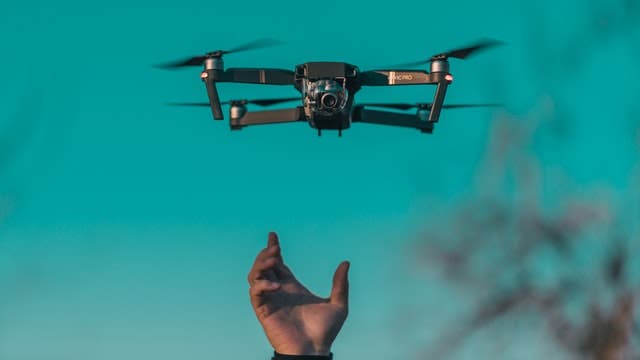
We’ve established that it is in your best interest to purchase drone insurance. Now, we should talk about the factors that affect the price of the insurance you’re buying.
Drone insurance isn’t overly expensive. You can expect to pay between $500 and $1,000 per year for a policy with $1 million liability coverage. Hourly policies can be as low as $10 per hour.
Experienced pilots pay less
There are a variety of criteria that can lower or increase your rates, or even disqualify you altogether. Most insurance providers will require that commercial operators have a minimum number of logged flight time hours (usually between 50 and 100 hours) and hold a valid FAA UAV license.
Pilots are required to keep a maintenance log that proves their drones are in good form and repairs are performed correctly. They must also record all flight logs with details. Failure to do so could result in higher premiums.
Other drone risk factors
Insurance providers will also consider where you’re flying your drone. A flight over open water or a remote area will have different risk factors than a survey flight in a mine or a residential property inspection flight.
No matter the price, the cost of getting a commercial drone insurance policy is a worthy investment if you’re running a business. One mistake without insurance could cost you.
